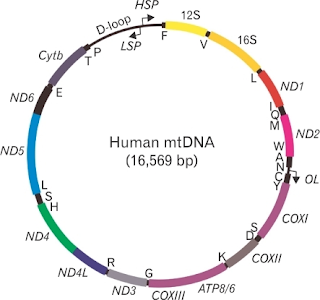Diamonds from the Basement

Most of us have ideas about diamonds, how they're valuable, look mighty fine, the hardest substance on Earth, made of highly-organized carbon, have industrial uses, and are even useful in superconductors. (Maybe the lethal satellite in Diamonds Are Forever isn't so far-fetched?) The ones you see in jewellery stores or up for auction are specially cut and polished, rough (or "raw) diamonds look quite a bit different , and don't fetch quite a high price. Secular geologists assign dates of somewhere around a billion years old, but since radiocarbon exists in them, they are actually thousands of years old. They're also a bit of a mystery. So where do they come from? Image credit: Pixabay / Aenigmatis-3D Diamond deposits (and, naturally, diamond mines) are not everywhere on the planet. Also, they're unstable. They had to form way down yonder with Earth's basement rocks, and made the journey to the surface without breaking down into graphite. Creationar...





